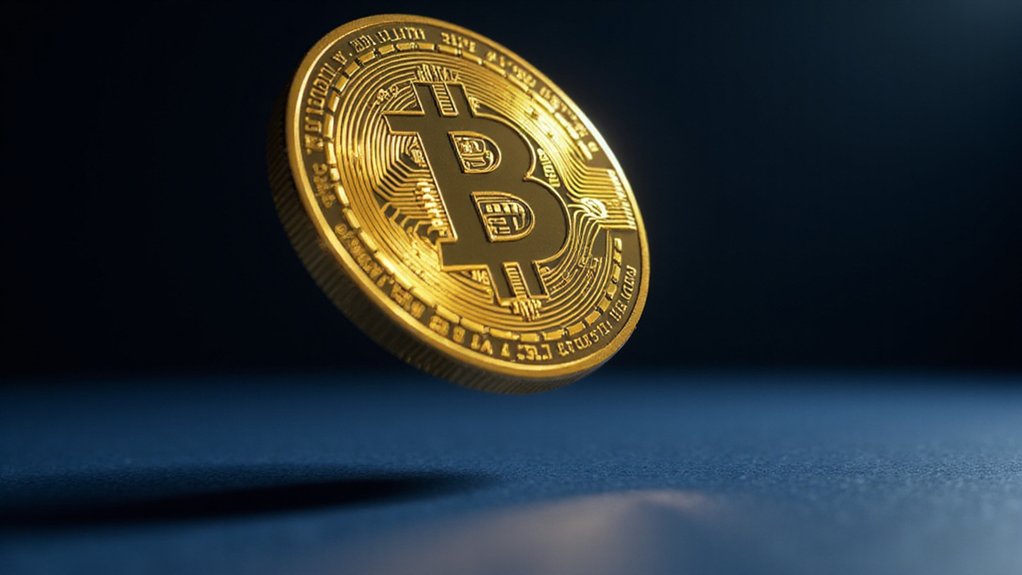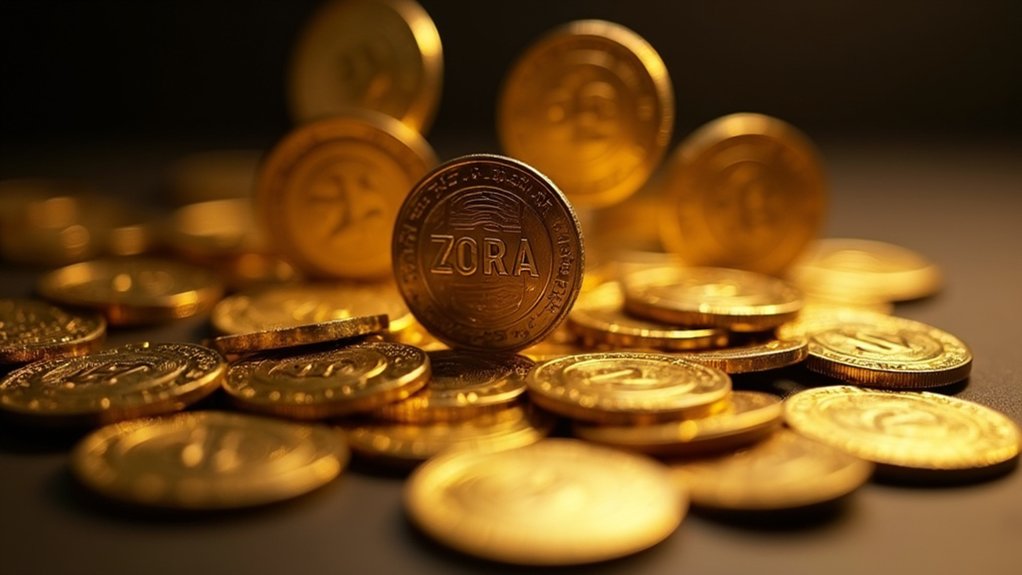While Tether’s €128 million acquisition of a 10.7% stake in Juventus FC between February and April 2025 represents the largest cryptocurrency incursion into European football’s elite tier, the stablecoin issuer finds itself in the peculiar position of being the club’s second-largest shareholder yet persona non grata in Turin’s mahogany-paneled boardrooms.
The disconnect between financial heft and institutional influence reflects deeper tensions between traditional European football governance and crypto-native disruption. Despite commanding nearly 11% ownership—a stake that would typically guarantee board representation in most corporate structures—Tether remains excluded from Juventus’s governance apparatus by majority owner Exor NV, which maintains ironclad control with its 65.4% holding.
CEO Paolo Ardoino’s frustration crystallizes in an almost comedic detail: purchasing his own match tickets despite being the club’s second-largest investor. Communication with Juventus leadership remains “very, very limited,” with no formal meetings scheduled before July 2025, as the club defers engagement until after the FIFA Club World Cup concludes.
This institutional stonewalling occurs against Juventus’s deteriorating financial backdrop—a projected €18 million deficit and five years without a Serie A title create obvious appetite for fresh capital and strategic innovation. The club’s plans to raise €100 million for summer player acquisitions highlight the urgent need for financial backing that Tether could potentially provide. Ardoino advocates leveraging blockchain and AI technologies to modernize operations, positioning Tether’s technological resources as solutions to both financial difficulties and brand stagnation. Tether seeks to influence key decisions within the club through its strategic shareholding position.
Yet Italian football’s traditionalist resistance runs deeper than mere technological skepticism. Juventus board members reportedly view Tether’s “opaque corporate structure” with suspicion—a charge rich in irony given Juventus’s own labyrinthine century-old governance model. The cultural chasm between established shareholders and digital economy investors reflects broader tensions within European football’s modernization trajectory. Some Juventus traditionalists perceive Tether’s involvement as part of the broader memetic crypto phenomenon, questioning whether the stablecoin issuer represents genuine innovation or speculative digital disruption.
Complicating Tether’s boardroom ambitions are lingering controversies surrounding USDT, which a 2023 United Nations report implicated in $19.3 billion of illicit transactions. This regulatory shadow provides additional ammunition for traditionalists resisting crypto integration.
The standoff illustrates how substantial financial investment doesn’t automatically translate to operational influence when cultural and structural barriers remain entrenched. Tether’s Juventus gambit—ambitious in scope yet constrained by institutional inertia—may ultimately test whether European football’s traditional power structures can withstand sustained pressure from well-capitalized digital disruptors.








